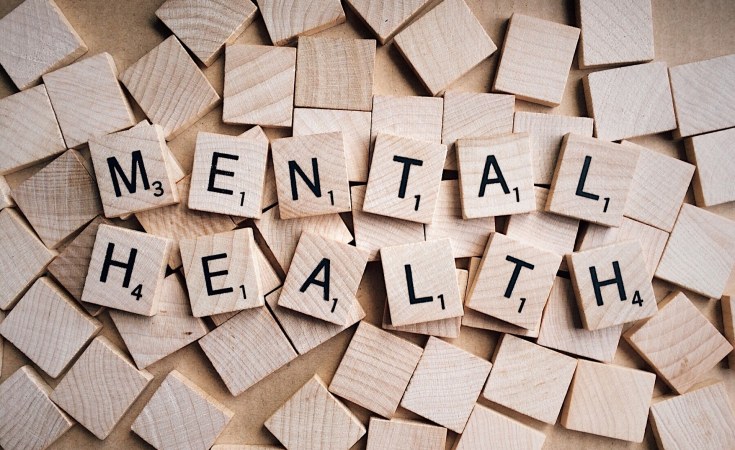The government is urged to ensure that the gazetted copies of the bill are available to citizens, so they know their new legal rights.
President Muhammadu Buhari has finally signed into law the Mental Health Bill 2021 after two failed attempts at overhaul in 2003 and 2013.
The bill, which was harmonised by both the upper and lower chambers of the National Assembly in 2021, is the first legislative reform adopted in the field since the country's independence, and will also replace the Lunacy Act of 1958.
The Chairman of the Senate Committee on Health, Ibrahim Oloriegbe, confirmed the development in a post on his Twitter handle.
Mr Oloriegbe, who defeated the former Senate President, Bukola Saraki, during the 2019 general election, is a first-timer in the upper legislative chamber, and sponsor of the bill.
In December 2022, a memorandum obtained by PREMIUM TIMES and signed by the Clerk to the National Assembly (CNA), Olatunde Ojo, showed that the National Assembly passed the bill and forwarded it to the President on 28 November 2022 for assent "in consonance with the provisions of the Acts Authentication Act Cap. A2, Laws of the Federation of Nigeria, 2004".
However, in a joint statement, a civil society organisation - Nigerian Mental Health - and other campaigners commended the president for assenting to the bill, noting that the bill will establish human rights protections for those with mental health.
The body urges the National Assembly to "ensure gazetted copies of the bill are available to citizens, so they know their new legal rights."
The group said organisations and professionals within the sector are eagerly anticipating that the bill will bring about the desired changes in mental health management in Nigeria.
More on the bill
The statement by NMH further reads: "President Muhammad Buhari made history by signing the National Mental Health Bill 2021 into law, marking a major milestone in Nigeria's efforts to improve support for psychosocial wellbeing.
"The regulation assented to on Thursday, January 5, establishes human rights protections for those with mental health conditions, such as banning discrimination in housing, employment, medical, and other social services.
"It also guarantees that those receiving treatments have the right to participate in formulating their medical plans and cannot have forced treatment, seclusion, or other methods of restraint -- common practices in mental health facilities -- without appropriate safeguards."
It noted that other provisions of the bill include establishing a new Mental Health Fund, a Mental Health Department in the Federal Ministry of Health, and a Mental Health Assessment Committee to protect stakeholders.
Additionally, it expands community-based coverage and improves the care and management of those with mental health conditions.
Oloriegbe, others speak
Speaking on the significance of bill, Mr Oloriegbe, who sponsored it, said the proposal was intended to protect persons with mental health needs, and establish National Agency for Mental and Substance Abuse Services, for effective management of mental health in Nigeria and other related matters.
He added: "I further lamented on the absence of mental health law in Nigeria other than the Regional Lunacy Law of 1918, which in context and content violated fundamental human rights of persons with mental health and psychosocial disabilities."
In his comments, the President of the National Association of Clinical Psychologists, Gboyega Abikoye, said the "Past legislation was outdated and inhumane", which was based on the regional Lunacy Act of 1958.
"While there is still a long way to go in developing the mental health sector in Nigeria, this law is a step in the right direction," added Mr Abikoye.
"This legislation was a product of decades of advocacy from diverse organisations," said Chime Asonye, Founder of Nigerian Mental Health, a network of leaders and organisations in the field.
"The mental health community came together to speak with one voice in support of the bill. We now need executive implementation, state governments to domesticate this legislation, and those contesting for elected office to make mental health a national priority," Mr Asonye added.
About Nigerian mental health
Nigerian Mental Health is a network of leaders and organisations in the field that helped lead advocacy efforts for the passage of the legislation, including coordinating an open letter to government officials signed by over 30 of the country's leading mental health organizations and professional associations.
The network has also called on the government to enact other critical reforms for those with mental health conditions, such as decriminalising attempted suicide, which is currently a felony punishable by imprisonment.
They point to studies that indicate that criminalisation discourages the help-seeking behaviour of those facing psychological issues and will challenge the effective dispensation of the Mental Health Bill.


